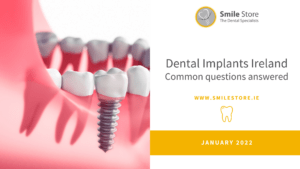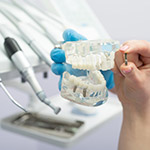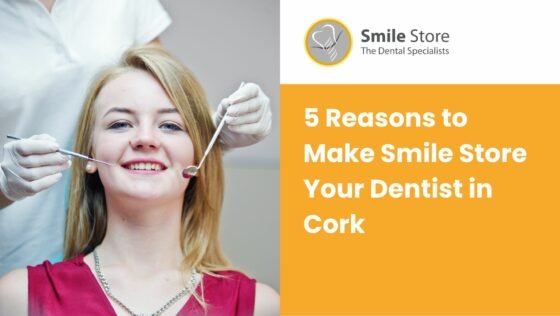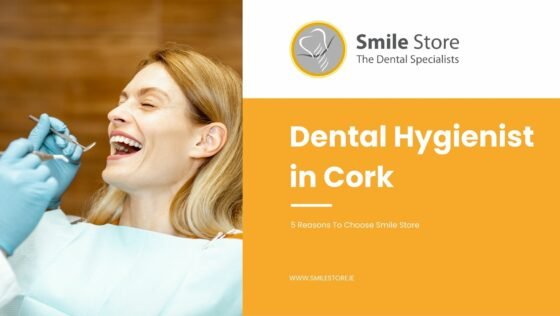Missing teeth can be replaced using different options, such as removable dentures, fixed bridges, and dental implants. Each tooth replacement option has its own merits and demerits. But, if you are looking for a durable, fully functional and aesthetically pleasing replacement option for your missing teeth, dental implants top the list. Naturally you might have many questions regarding dental implants before choosing this option. But, no need to worry; you have come to the right place. This article answers all your questions about dental implants as replacement teeth and will help you make an informed decision. So continue reading to know more about dental implants.
What kind of Xrays are required for dental implants?
Replacement of missing teeth with dental implants is an exacting job. First, your dentist will perform a thorough clinical examination and evaluate the models and x-ray images of your teeth to prepare a customised treatment plan. Typically, dentists order multiple x-ray images of your teeth from various angles to get a better picture of the underlying jawbone and the missing tooth space. For this purpose, your dentist may order periapical x-ray images, which are magnified images of up to three or four consecutive teeth. Alternatively, they may order bitewing images that allow for the visualisation of the upper and lower teeth on one side of the jaw. Dentists also order OPG x-rays; these x-ray images provide an image of all the teeth, including the hard and soft tissues in the region. CT scanning is also done for better visualisation of the edentulous area.
What are the risk factors associated with dental implants?
Dental implants are made from high-quality titanium that is strong and durable and carries minimal adverse effects. Besides, unlike removable dentures and bridges, which may cause allergic reactions in susceptible individuals, titanium-based implants do not cause allergic or toxic reactions. So, there are no significant adverse effects of dental implants. However, a risk factor associated with dental implants is peri-implantitis – a condition where there is inflammation o the tissues surrounding the implant – and may even lead to implant failure.
What happens while getting a dental implant?
The process for getting implants is usually spread across multiple sittings. In the first stage, your dentist will prepare a customised treatment plan and insert the implants at pre-determined locations. Afterwards, they will wait for 4-6 months for the implant site to heal. Once healing has taken place, they will attach a suitable prosthesis over the implant, depending on the number and location of the missing teeth. For example, a porcelain crown is attached to the implant for a single missing tooth. Similarly, for two or more missing teeth, an implant bridge or implant-supported denture may be chosen. Finally, for someone who has lost all their teeth in a dental arch, teeth replacement using all-on-4 implants is highly recommended.
Can dental implants cause gum disease?
Dental implants do not cause adverse health effects if inserted following thorough treatment planning. However, in some cases, inflammation of the soft tissues surrounding the implant get inflamed. This condition, called peri-implantitis, must be treated immediately. Otherwise, it may lead to implant failure.
Can you get dental implants if your gums are infected?
It is not recommended to get implants while you have underlying gum disease. Your dentist wlll first perform a detailed clinical examination before placing your implants. If they find underlying gum disease, they will treat it first because gum disease could disrupt with some of the process:
- Interfere with the healing of the site
- Prevent anchoring into the bone
- Lead to inflammed gums
Gum disease is usually treated with oral hygiene instructions and professional teeth cleaning. Additionally, a root canal procedure may be required if the infection is caused by an infection inside a nearby natural tooth.
Is it possible to have implants with periodontitis?
Your dentist will not place implants while you have periodontitis. This is because gum infection delays healing and prevent the implant from embedding within the jawbone. Instead, they will first treat the periodontal inflammation, and once it heals completely, only then will they proceed for implant placement.
Which is better, an implant or a bridge if you have poor gums?
Gum disease or inflammation is a reversible condition. While it is not possible to get implants while you have gum disease, you can get them once the condition has been treated. Therefore, when it comes to a comparison between implants and bridges, implant-supported teeth are always better. It is only a matter of treating the underlying condition first and then proceeding with implant placement.
Do gums grow back after implants?
After the placement of an implant, the soft tissues (gums) around the implants heal over time. However, it may not be considered “growing back” gums. Instead, the soft tissues encircle the implant structure as healing progresses.
Can food particles get lodged between implants and the gums?
Food impaction generally does not occur between the implant and the gums. Instead, food gets impacted mainly between the implant – or any other prosthesis – and the soft tissue around the implant. Over time, plaque and tartar deposits develop in the area, leading to the resorption of the bone tissue supporting the implant. If the condition is not treated in a timely manner, it may lead to peri-implantitis, loosening of the implant, or even implant failure.
If you have been thinking of getting your teeth replaced with dental implants while enjoying a vacation overseas, think again! Why not get your implant-supported teeth in Ireland, at a fraction of the cost you would pay in the UK, without having to travel thousands of miles? More importantly, you can also get your teeth replaced with the confidence that you are getting your treatment done by qualified dentists. Smile Store Dental Specialists offer you this perfect opportunity! So, what is stopping you? Book an appointment today and walk away with a beautiful smile and healthy teeth in a day!
Latest posts
Tax Relief
Tax relief is available on many different dental procedures available at Smile Store – The Dental Specialists.
Call backContact us
Request a call back to met one of our friendly staff!
















